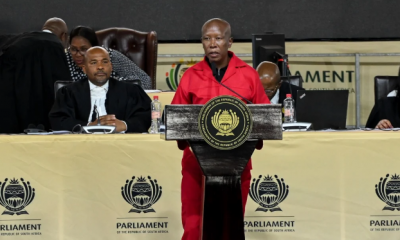Loadshedding
Joburg’s Revenue Flow Threatened by Customers’ Shift to Alternative Energy Sources Amid Eskom Power Cuts

The City of Johannesburg is facing a potential decline in revenue as residents and businesses turn to alternative energy sources in response to the ongoing power cuts from Eskom. According to BusinessLIVE, City Power, responsible for the city’s electricity distribution network, collected R9.3bn in revenue in 2022, making 43.8% of the city’s total income until December 31.
Load-shedding has cost the city much-needed revenue. As a result, some residents and businesses are migrating to alternative energy sources to reduce the impact of power blackouts lasting up to 10 hours daily. However, moving to alternative power sources could further strain the city’s finances, according to Finance MMC Dada Morero, who called City Power to rethink its business model to remain relevant and prevent potential job losses.
Furthermore, the SA Local Government Association (Salga) has warned that the government’s solar power tax incentive could impede municipal revenue collection efforts as customers move off the grid. The city’s budget for the 2022/2023 financial year stands at R77.3bn, and revenue collection has fallen by 86% in October, resulting in over R500m of under-collection.
The Treasury data also shows that households in metropolitan areas account for 74.7% of the R154bn outstanding debt owed to metros. Again, the City of Johannesburg contributed the largest share of this debt at 28.8%, Ekurhuleni following at 19.9%, eThekwini at 14.5%, Tshwane at 11.8%, and Nelson Mandela Bay at 9.8%.
The budget tabled by May could be lower than in previous years, and the city has been battling a cash flow crisis. The Development Bank of Southern Africa recently approved a R2bn operation loan, including its R900m monthly salary bill. To address its infrastructure programs, the city needs about R100m over three years, according to Morero, who is also seeking to increase revenue collection in township areas, currently sitting around 30%.
Also read: Load Shedding Interferes with Manufacturing
Picture: Twitter / fscentralnews






















